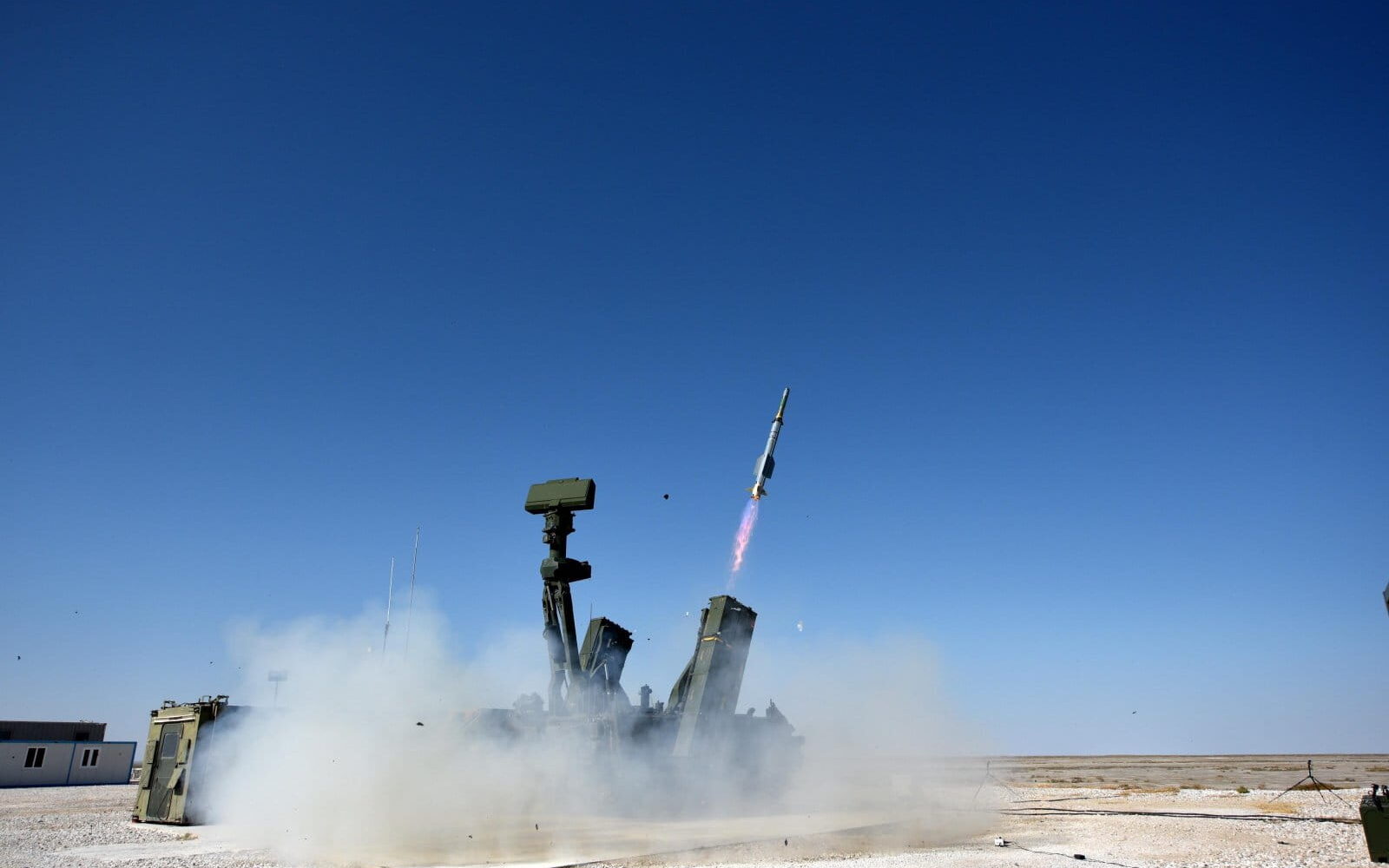Turkey speeds up efforts to develop anti-ballistic missile systems. As it is a critical technology owned by few countries. Daily Sabah reported.
Turkey’s leading local defense company, Roketsan is accelerating its work on the critical defense system.
The company’s chairperson, Faruk Yigit said, the Roketsan “will speed up the ballistic missile defense system works,” in a move to make Turkey self-reliant in producing defense technologies.
Follow us on Google News to get the latest defense news and analysis
Turkey is making efforts to produce defense products and parts domestically to reduce dependency on other countries. Turkey, to date, has been depending on purchases from abroad for such systems.
Faruk Yigit said, “In addition to our Hisar and Siper air defense systems, we will speed up our design and technology development studies for the development of missile defense systems that will eliminate ballistic missiles by engaging in the upper layer.”
Ballistic missiles, unlike cruise missiles or other guided ammunition, follow a parabola trajectory. Defense industry researcher Anil Sahin explained the working of ballistic missiles to TRT Haber.
He said, the ballistic missiles which have gained altitude since their launch, cross the atmosphere and go into space. Then enter the atmosphere again due to the parabola orbit and move toward the target at very high speeds with the effect of gravity.
“What remains of the ballistic missiles, which have a very large structure during launch, are mostly warheads and electronic subsystems when they enter the atmosphere. The higher the range of the missile the higher the altitude and hence the speed it will take off.” Anil Sahin said.
Boeing advanced T-7A Red Hawk, the next-generation training system for USAF
He also discussed the detection of the ballistic missile. They are difficult to detect because “a significant part of the flight time of ballistic missiles passes in space. Therefore, the probability of being detected is extremely low. Besides, they are very difficult to destroy because they enter the atmosphere very quickly.”
Sahin said that possessing technologies like anti-missile defense systems have many limitations. Reminding that special sensors used in the detection system cost millions of dollars. He further said that once the ballistic missile has been detected, it is again difficult to destroy it.
He said, “to be destroyed, anti-ballistic missile systems, which are very difficult to develop, are required. Therefore, to destroy a ballistic missile, it must be detected and tracked from the moment of launch.”
Developing an anti-ballistic missile defense system requires high-end technology and a long time for testing and validating the systems. Roketsan’s development of such systems also requires time and will be carried out in a step-by-step process, yet it gained momentum as explained by company’s officials.
Udar fully autonomous battlefield robot by Russia
“The work carried out by Roketsan in the space field will have very positive reflections on the anti-ballistic missile program.” According to Anil Sahin.
The program also includes other local defense companies. Such as Aselsan, the Turkish defense giant, specialized in sensor development parts. The early warning radar used in Siper, a long-range air defense missile system, is manufactured by Aselsan.
Analysis:
The anti-ballistic missile defense systems are very difficult to develop and are also very expensive. But Turkey is making efforts to manufacture the system.
Turkey also needs such defense systems due to a threat from its neighbors. By successfully developing the anti-ballistic missile system, Turkey will enter the list of countries that have well-developed anti-ballistic missile defense systems.


